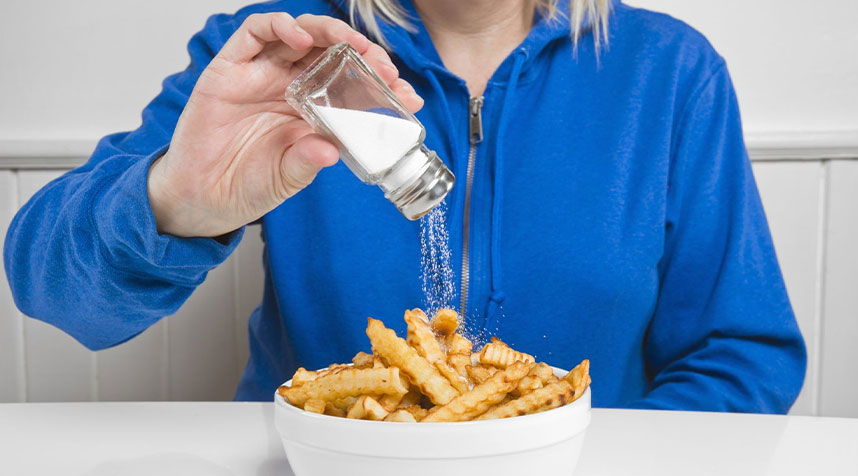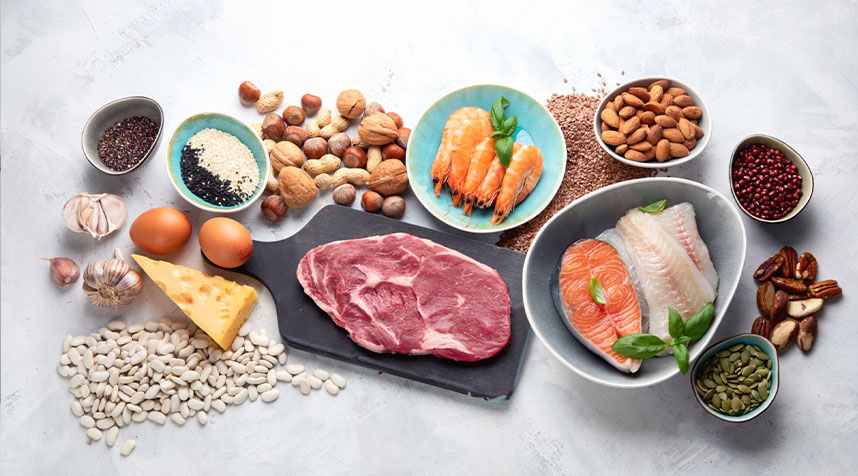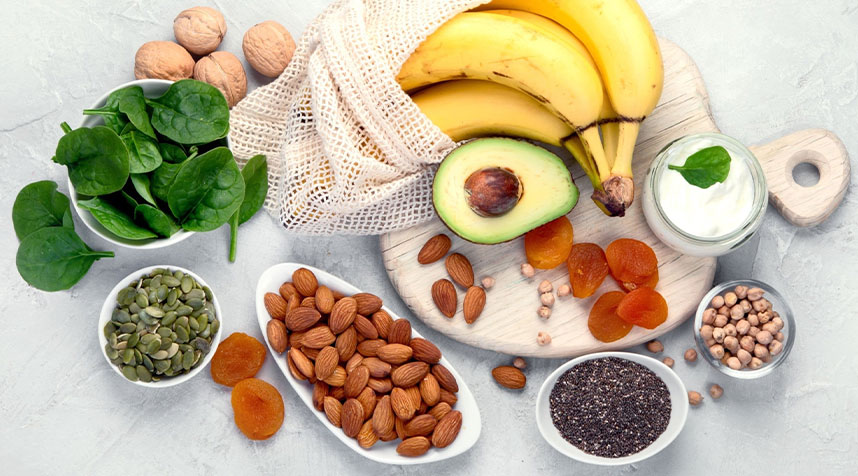You must be wondering about the different ways your life is going to change after a kidney transplant, especially in terms of diet. Indeed, following a healthy diet plan is instrumental in fastening your recovery. It can also help to curb the possible side effects of medications that you will be put on after the transplant.
Five Diet Tips to Follow after a Kidney Transplant
1. Consume enough protein

The days after the kidney transplant will be marked by the stress of the operation. During this period, you will need to consume enough protein and calories to enable your wounds to heal. The presence of high amounts of corticosteroids in the prescribed drugs can also cause muscle breakdown. However, this can be tackled with protein-rich foods like:
- Meats, eggs, dairy products, fish
- Nuts, dried beans, tofu, soy products
- Peanut butter
A high-protein diet is usually recommended for about six weeks after the surgery. You can resume your usual protein intake after a few months of the transplant.
2. Say no to sugary foods

The anti-rejection medications and steroids can compromise your body’s ability to use blood sugar for producing energy. -This can raise the levels of blood sugar, a condition known as steroid-induced diabetes or hyperglycemia. It can interfere with your healing process and may even lead your new kidney to fail.
You should avoid the following foods:
- Sugar pies, soft drinks, fruit ice, honey, ice cream
- Canned fruit or juice
- Molasses, doughnuts, jello
- Cookies, candy
- Sweetened mineral water or condensed milk
Instead, you can follow the given tips to control blood sugars:
- Eat different types of foods: You should eat a balanced diet with plenty of fruits, whole grains, lean protein, and low-fat milk products.
- Do not skip meals: You should eat balanced meals at the same time every day. There should not be a gap of more than 4-6 hours between your meals.
- Consuming complex carbohydrates like bread, pasta, grains, and unsweetened cereal should be a part of your diet since carbohydrates are required for fueling healthy body function.
- Avoid drinks with high amounts of carbohydrates like juice, regular soda pop, and sports drinks. Stay hydrated by drinking low-calorific beverages and water.
3. Lower your salt intake

It will help to control blood pressure. You can start by avoiding foods that have high amounts of sodium such as pickles, canned foods, packaged foods, and processed meat.
4. Up your phosphorus intake

Since renal failure has a significant impact on bone density, your bones will start to rebuild after the kidney transplant. These bones will feast on phosphorus and lead to lowered phosphorus levels. Thus, you should focus on increasing your phosphorus intake with foods like lentils, red meat, peanut butter, and custard.
5. Stabilize your potassium

You will take multiple drugs that can cause your potassium levels to fluctuate. If the potassium is too low or high then it can increase issues with heart and muscle function. In general, for at least 4-6 weeks after the surgery, you should be careful about your potassium intake. Then, you can start increasing the potassium in your diet.
Foods in High and Low Potassium
| High Potassium Foods |
Low Potassium Foods |
| Bananas |
Applesauce |
| Oranges |
Green Beans |
| Raisins |
Watermelon |
| Tomato Sauce |
Cucumber |
| Brussel Sprouts |
waffle |
| Avocado |
Hummus & Cheese |
Avail Kidney Transplantation Across the World
Conclusion
Taking care of your diet is essential to maintain the health of your new kidney and also to speed up your recovery. By following these tips and getting proper rest, you can quickly get back to a healthy life.
Reference Links:






